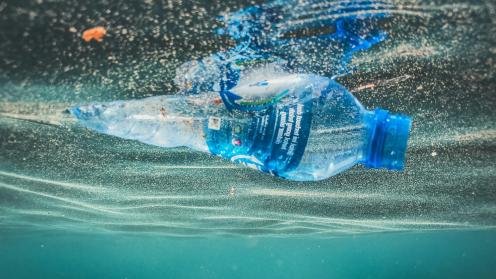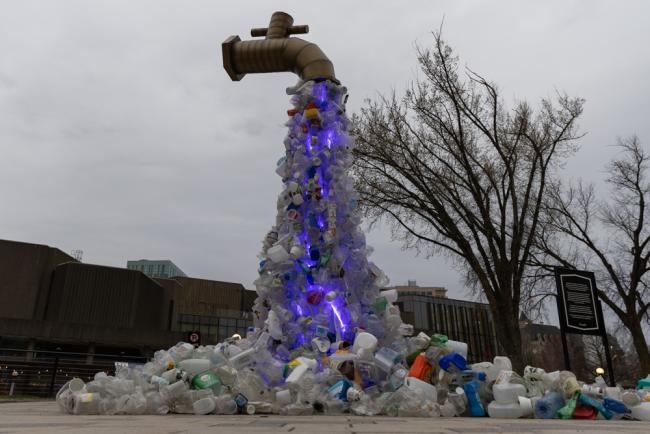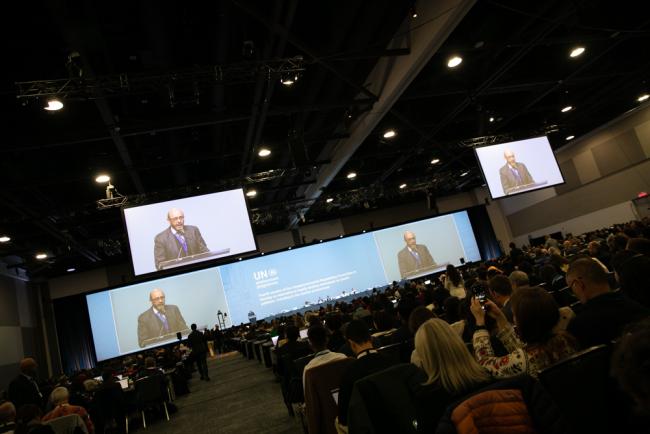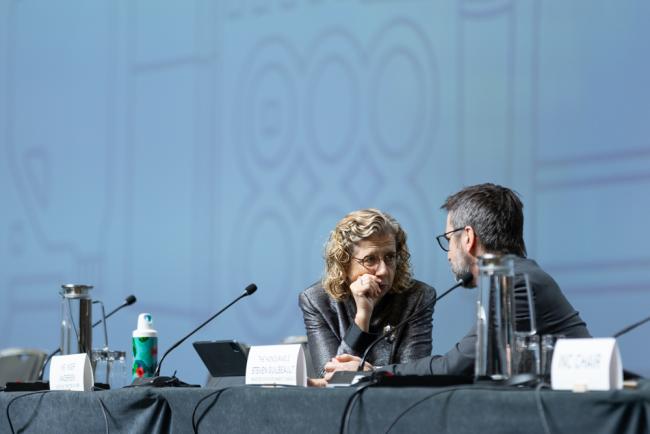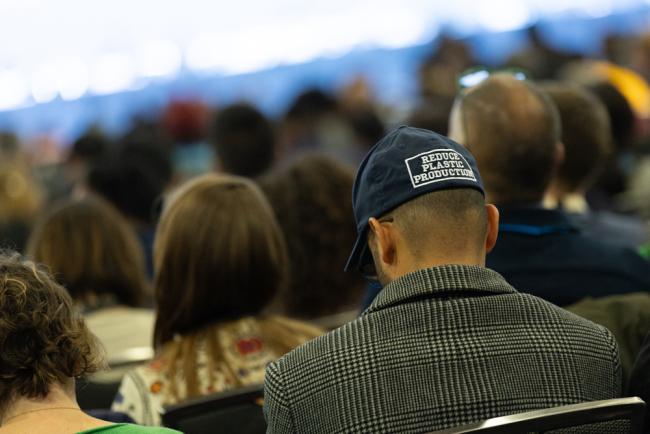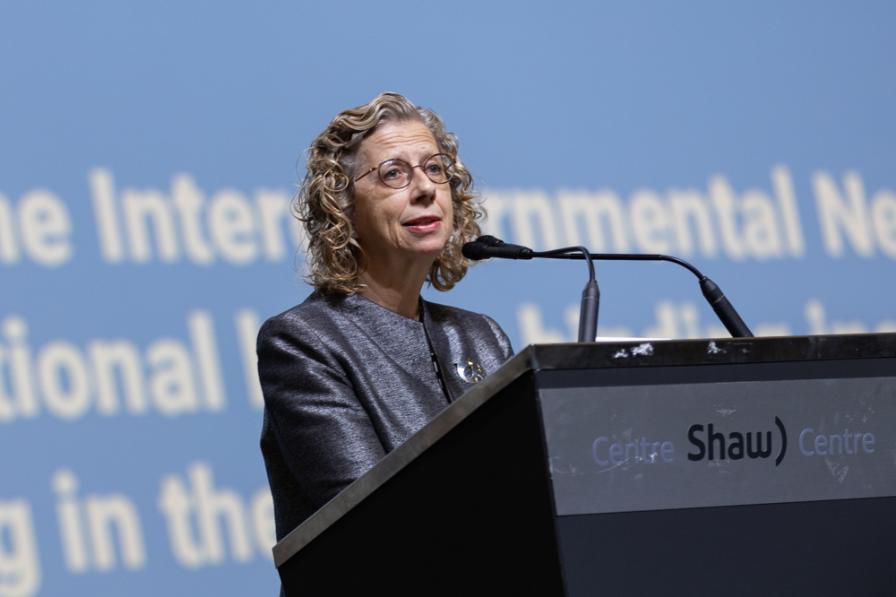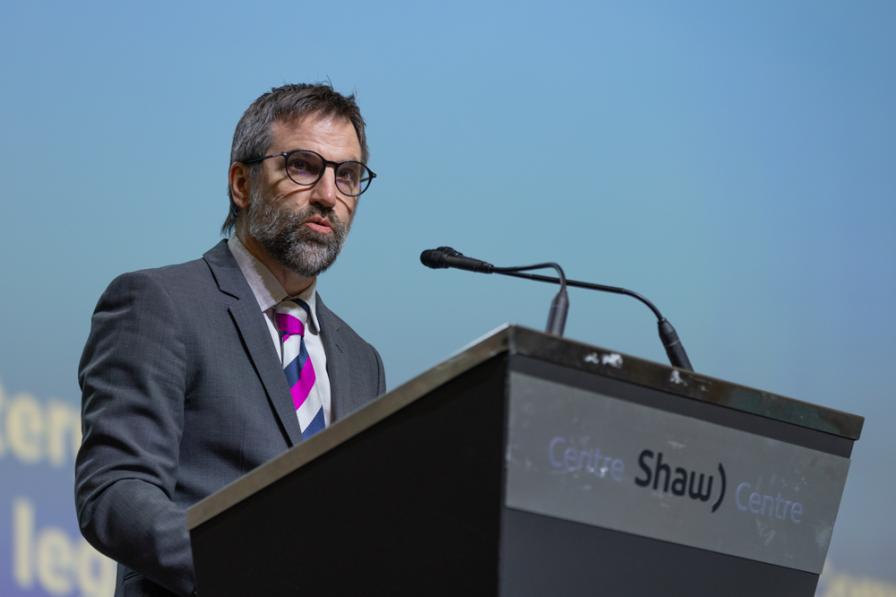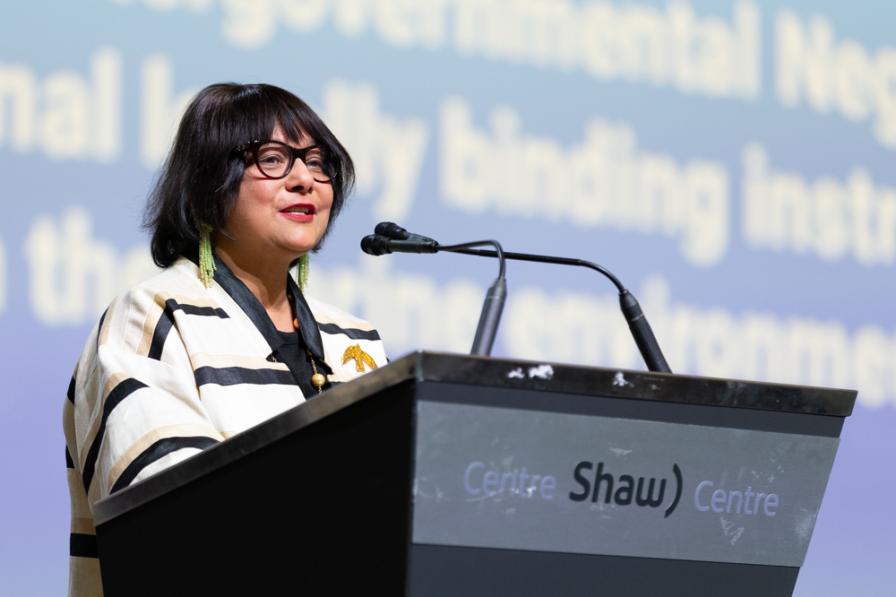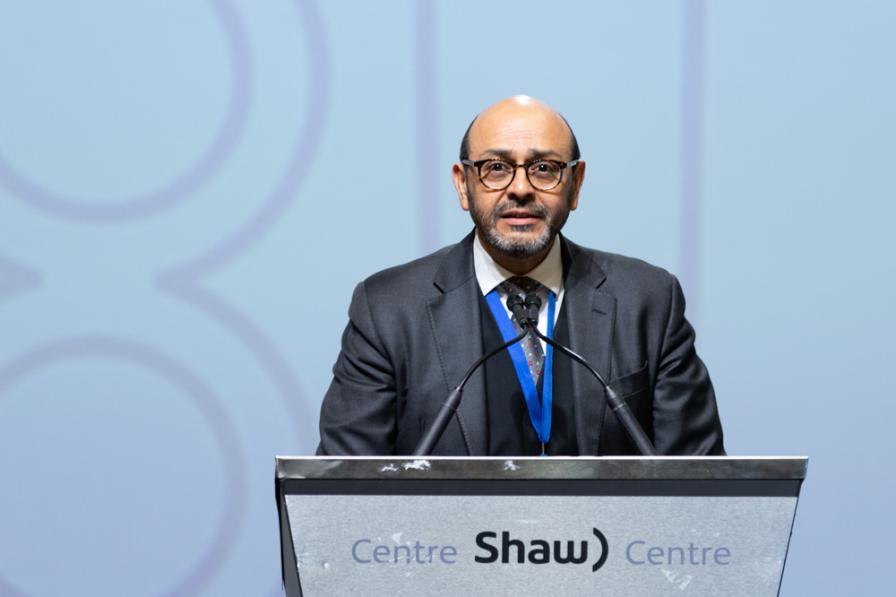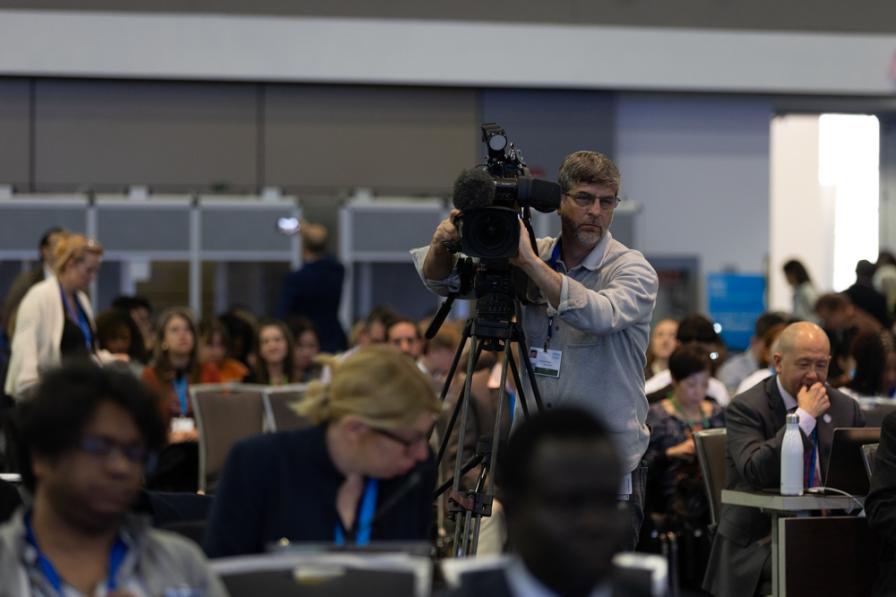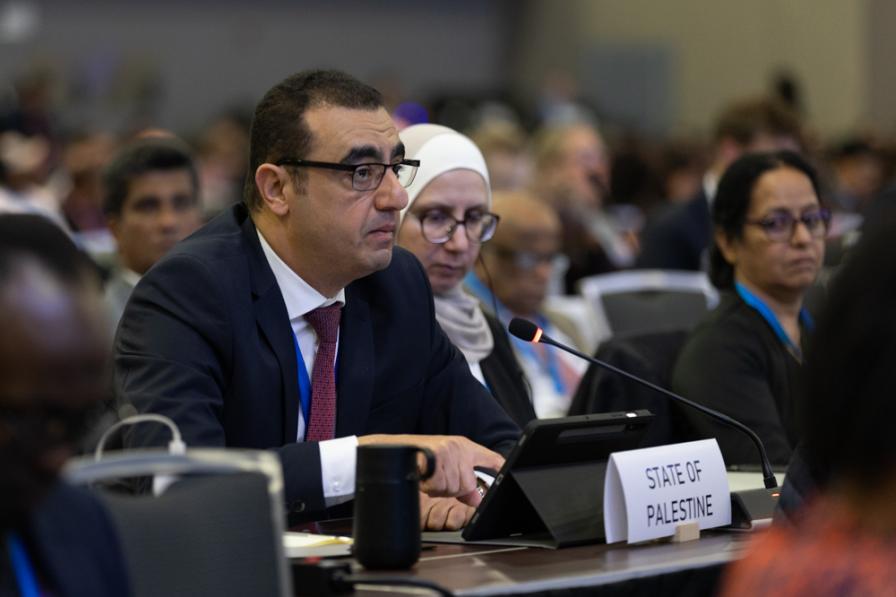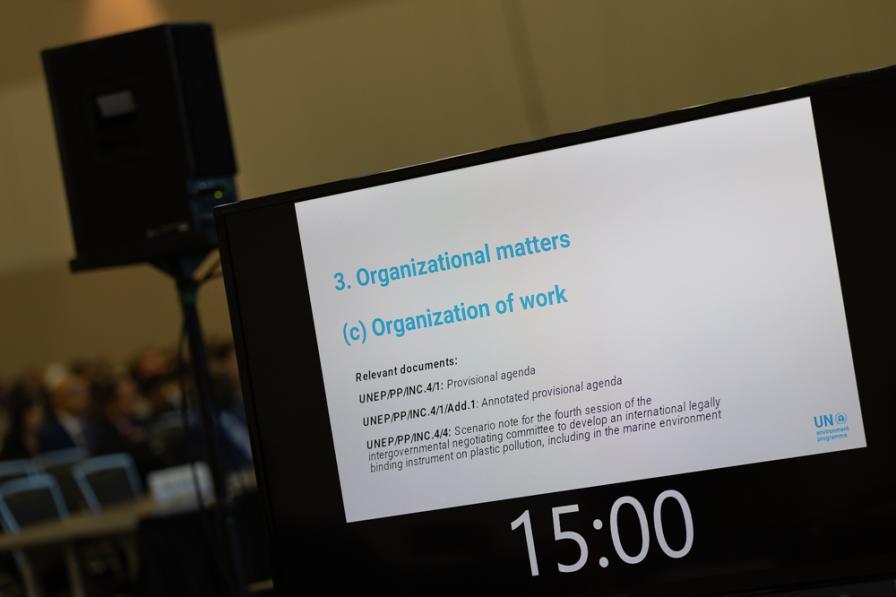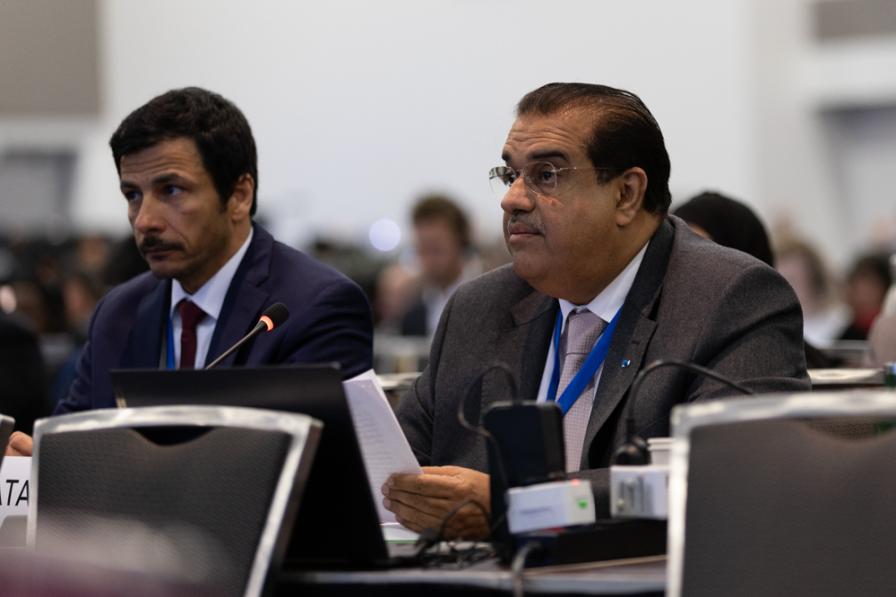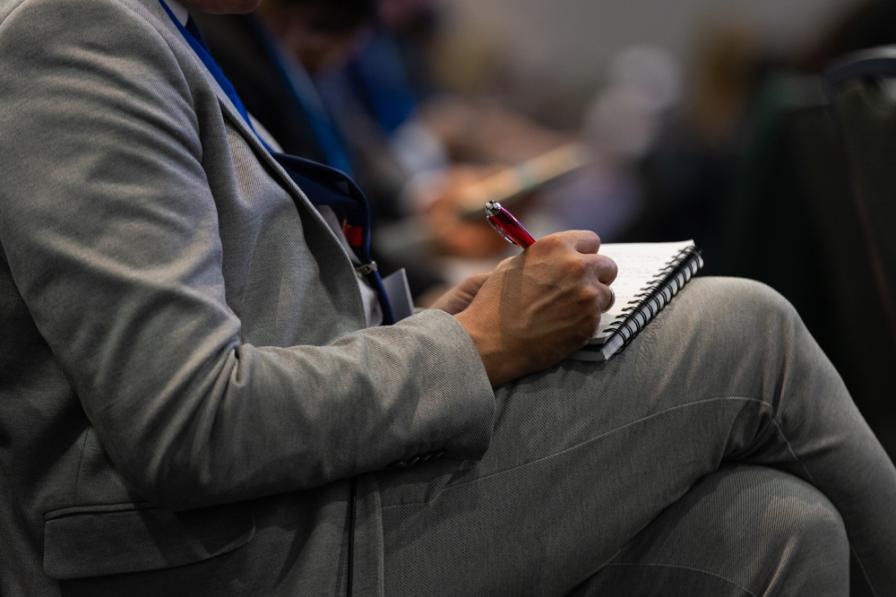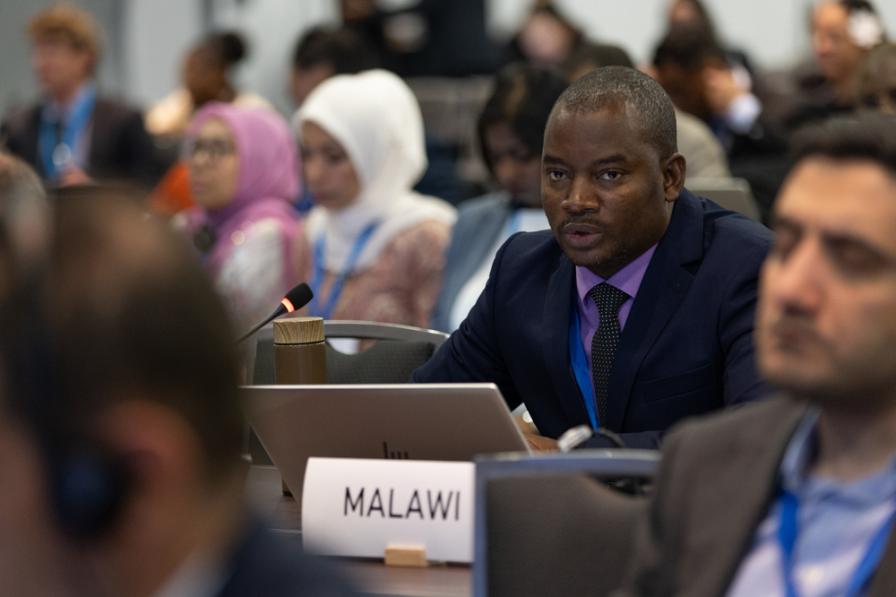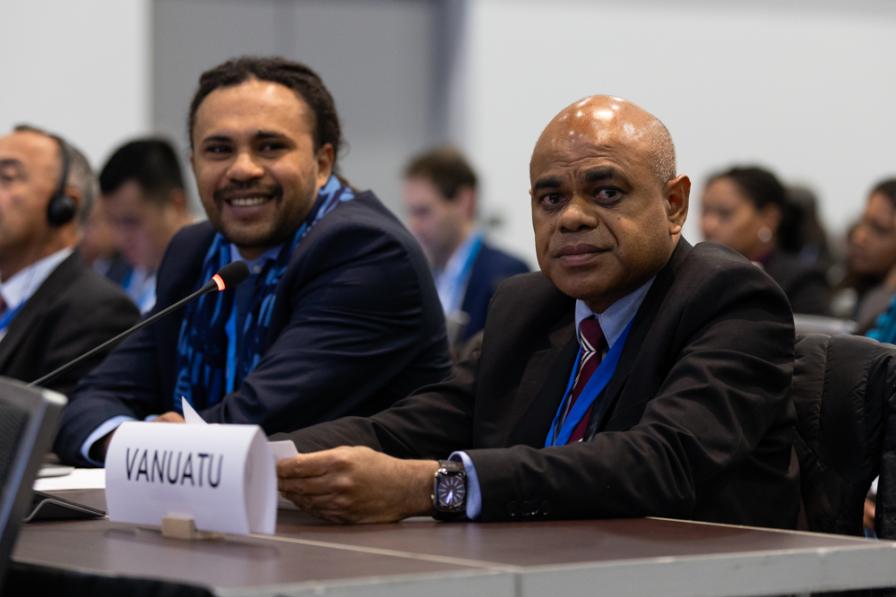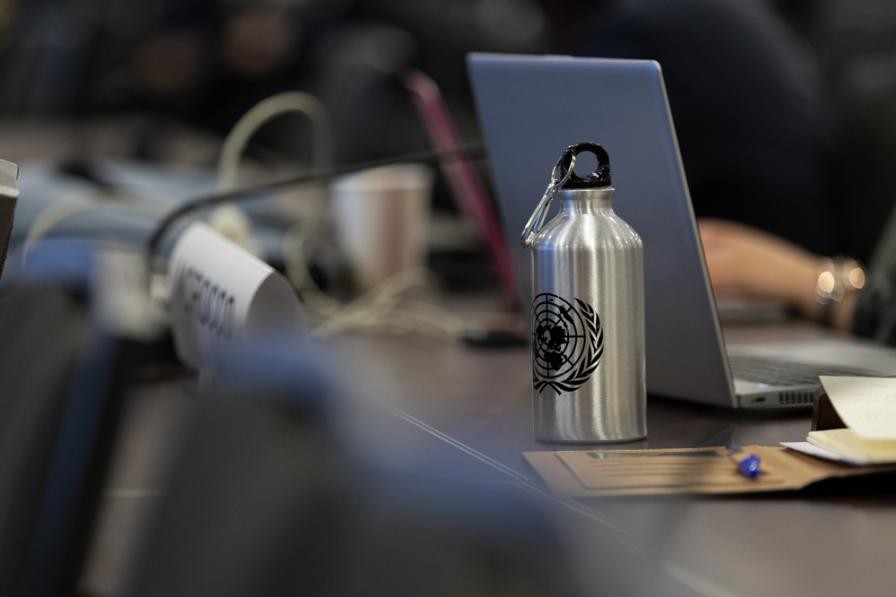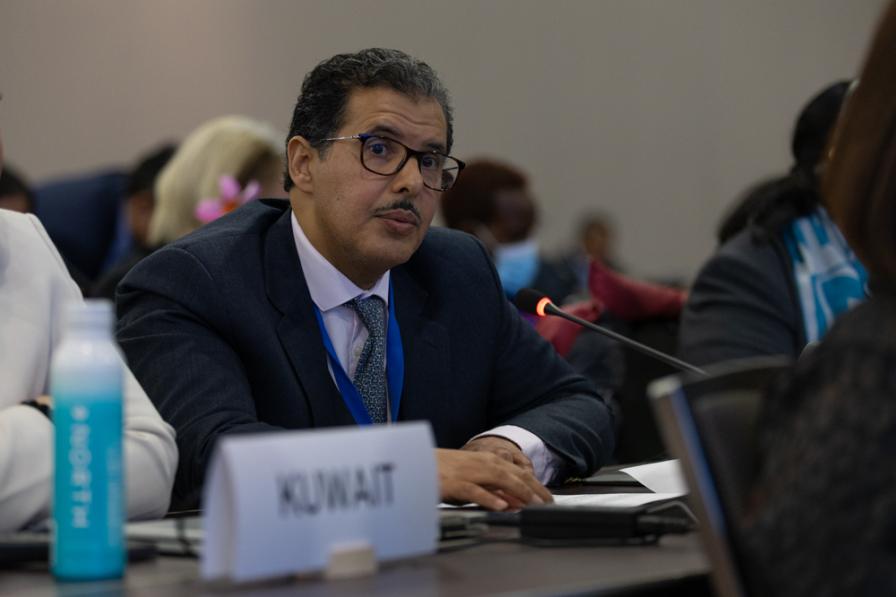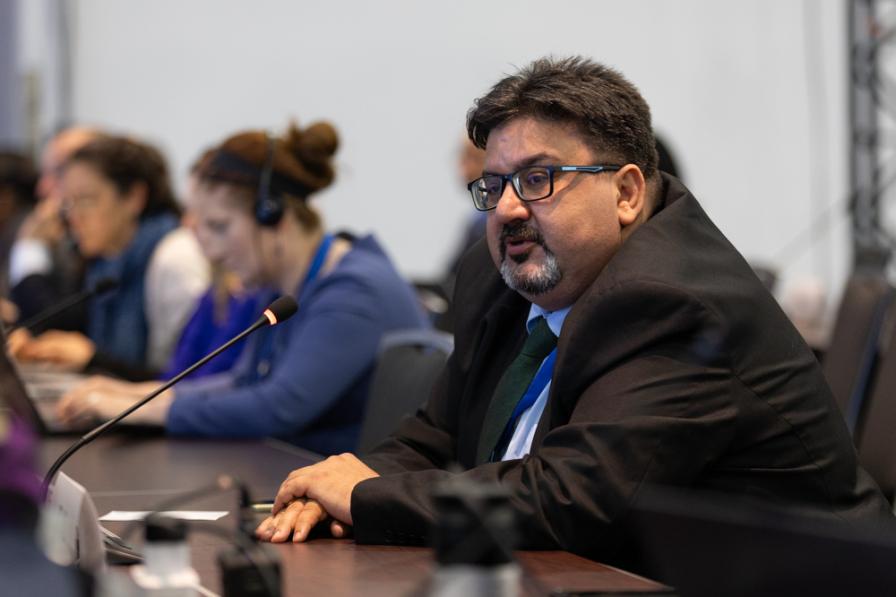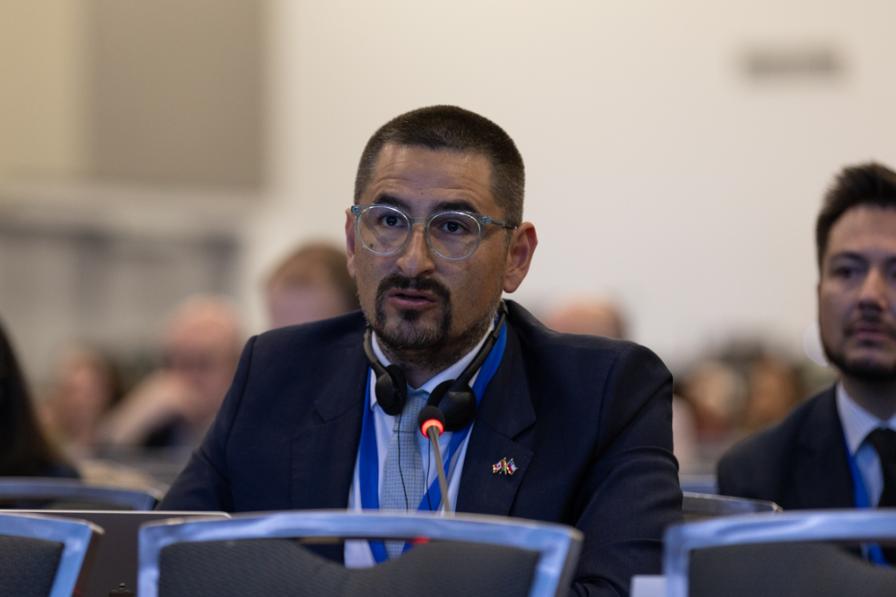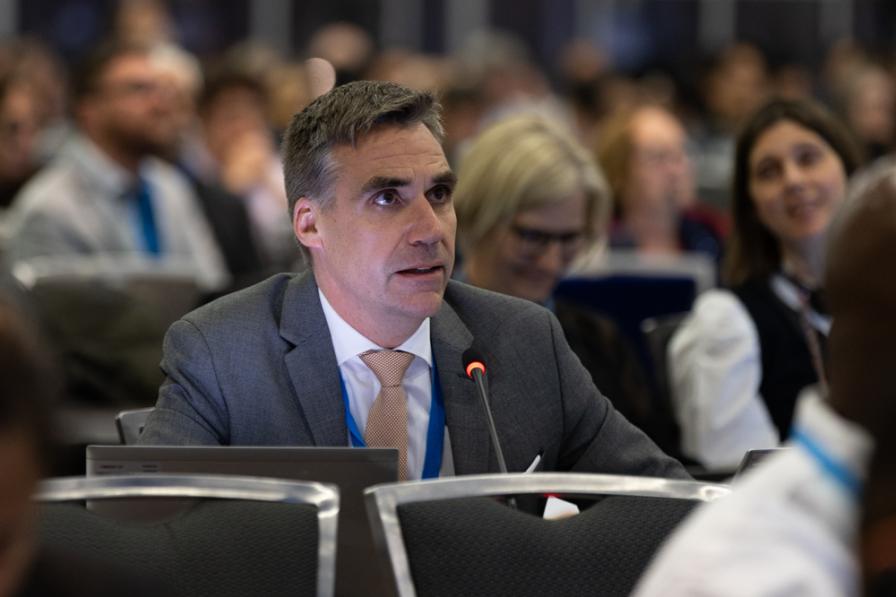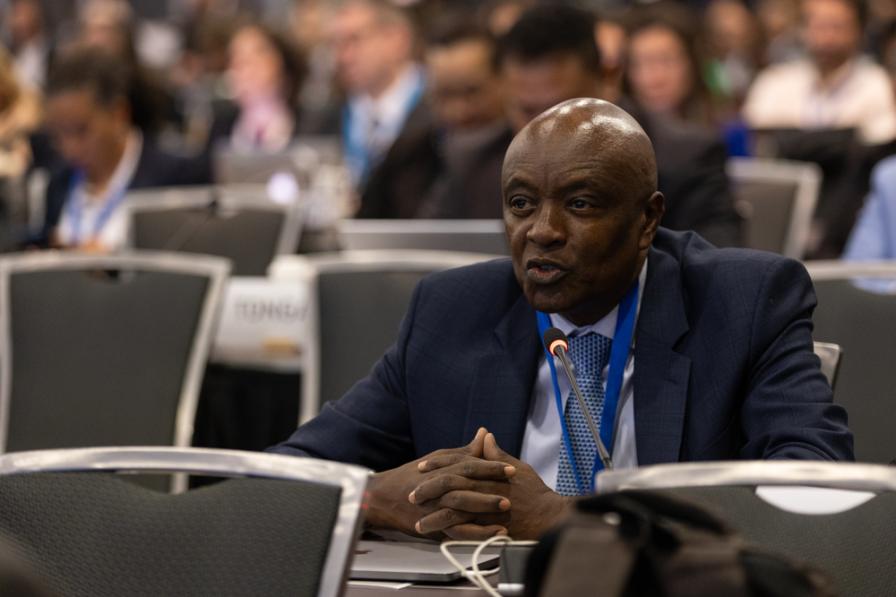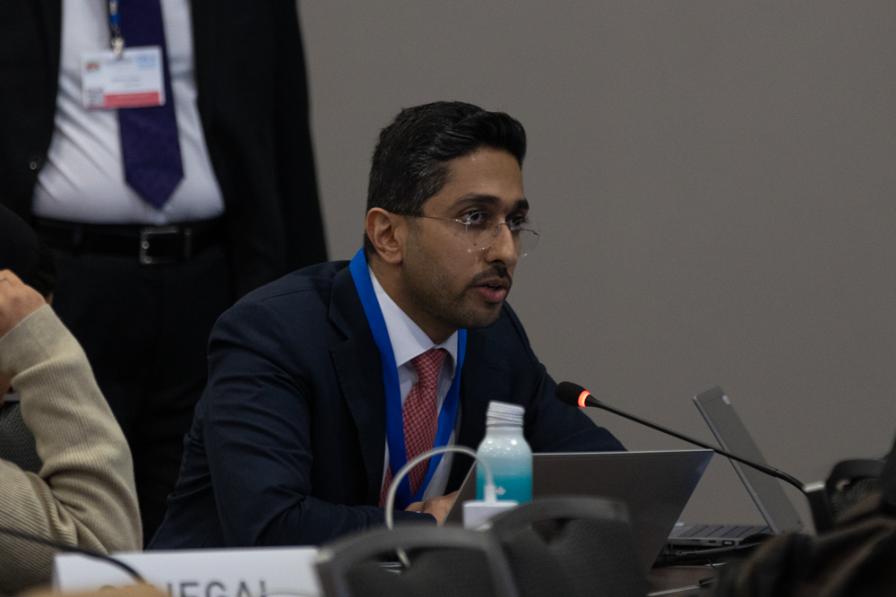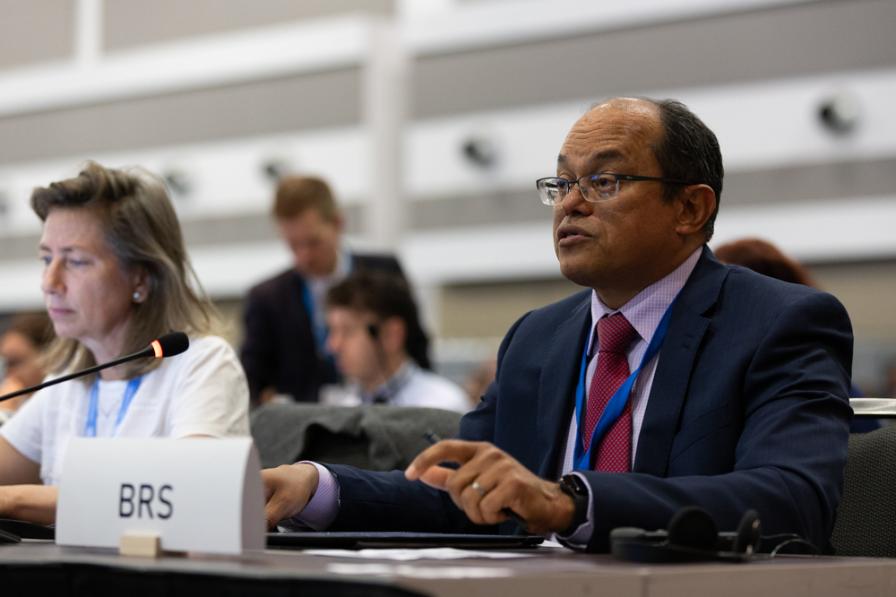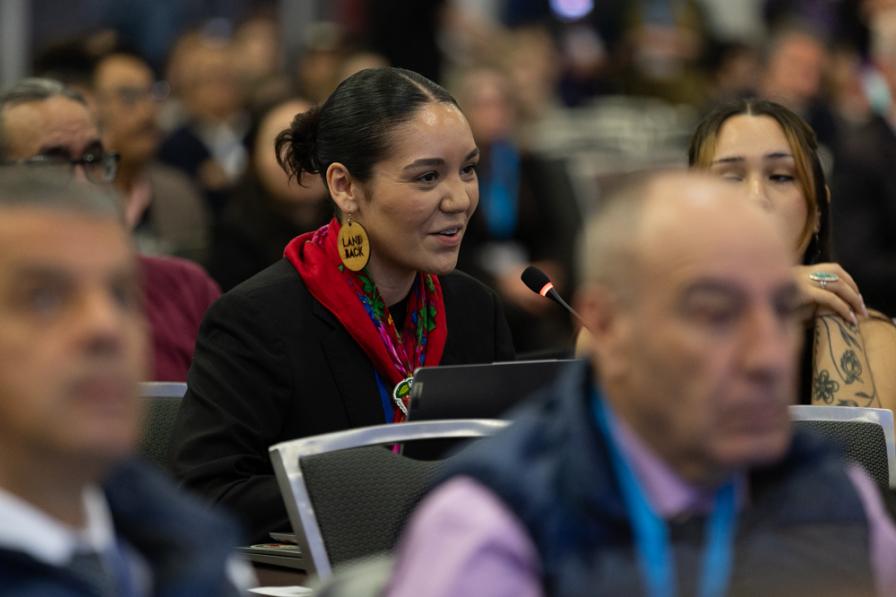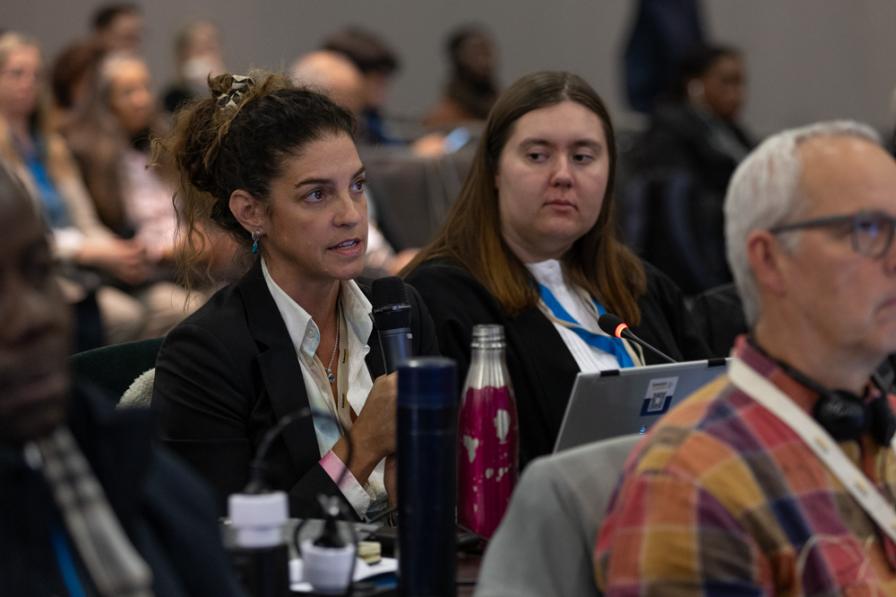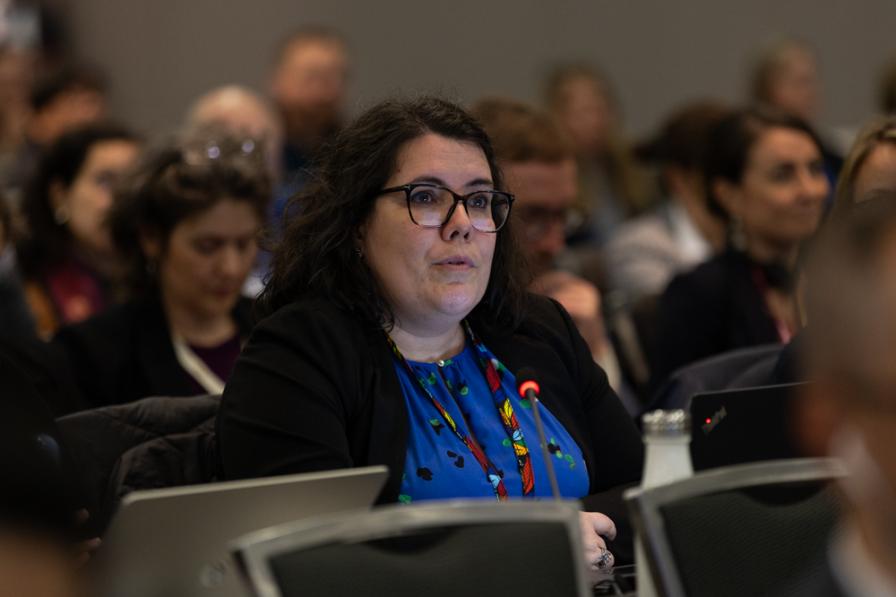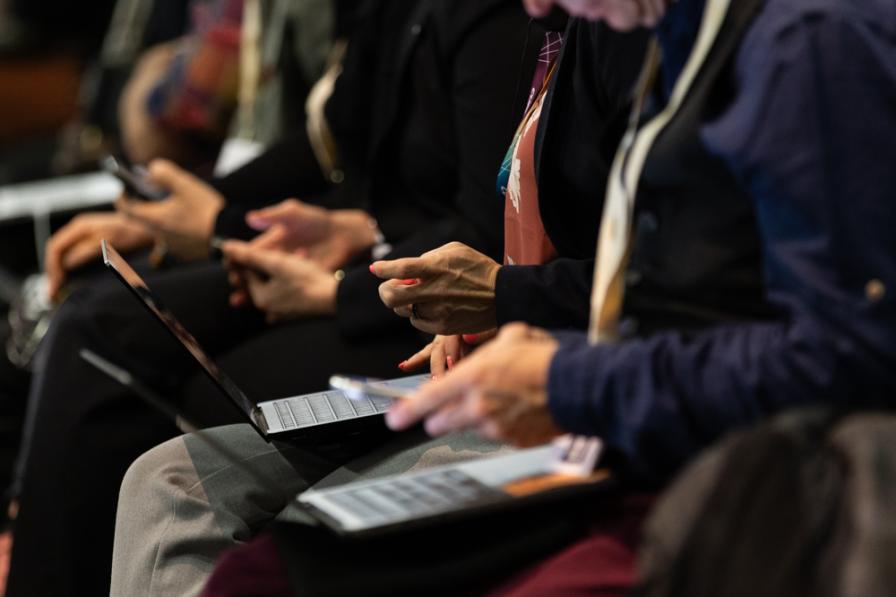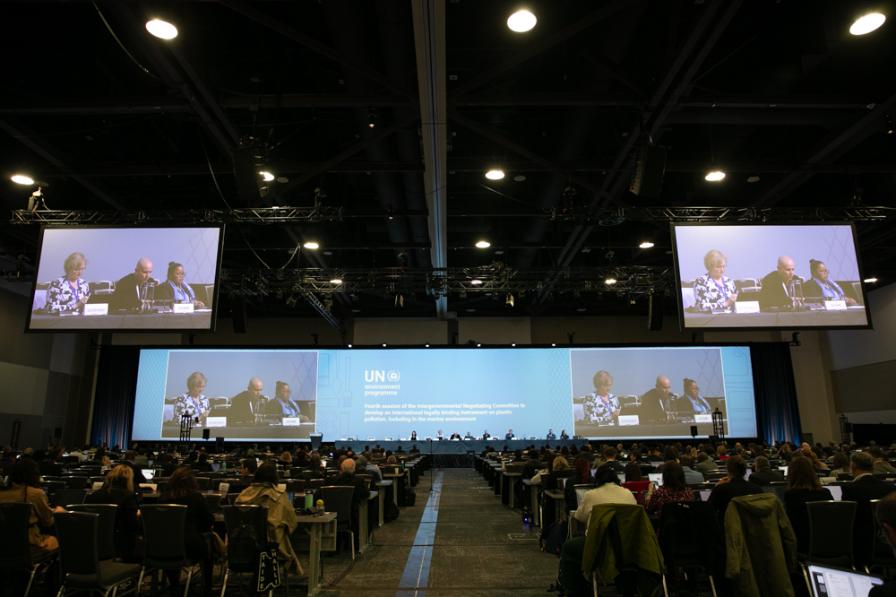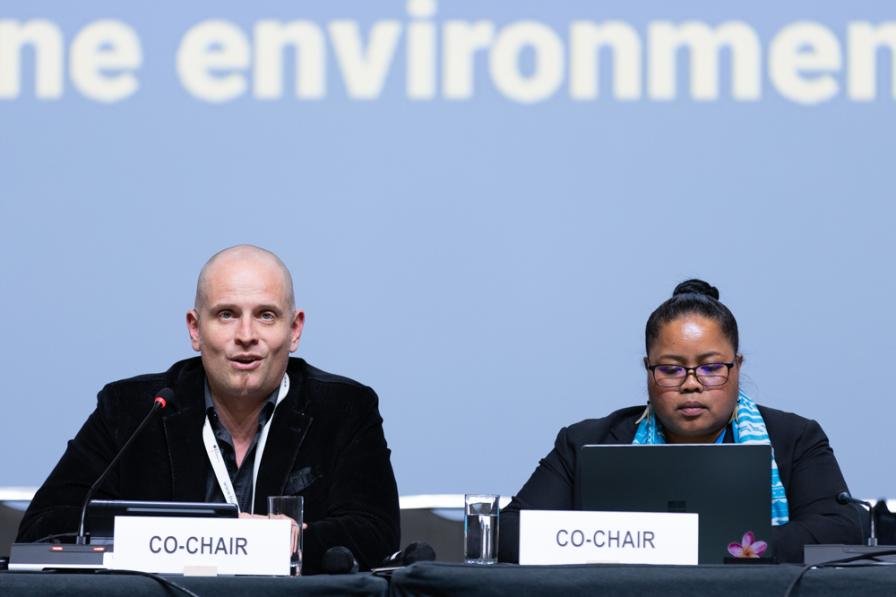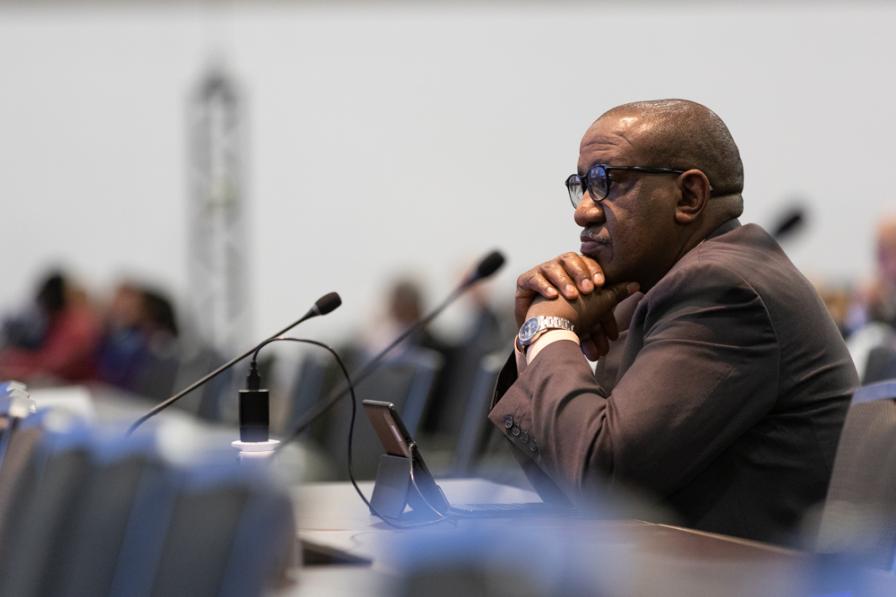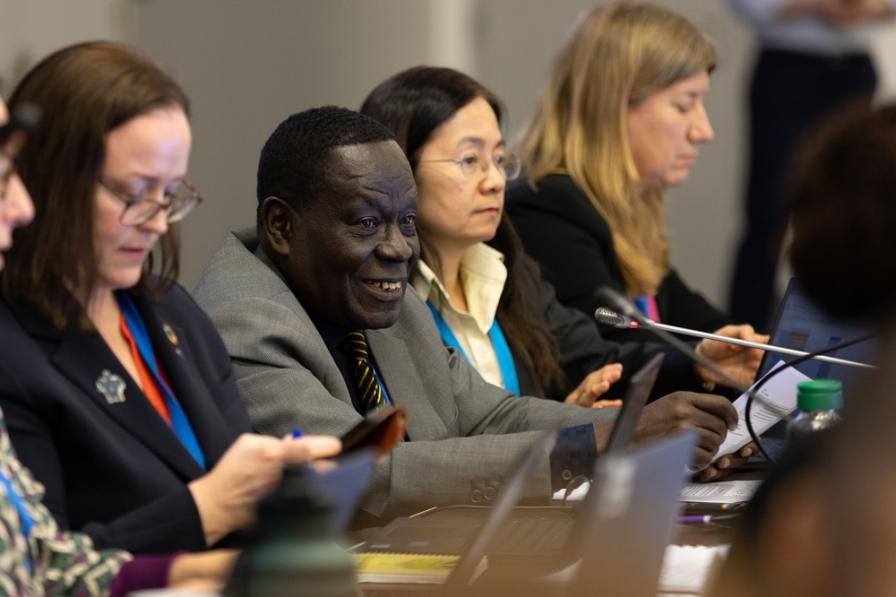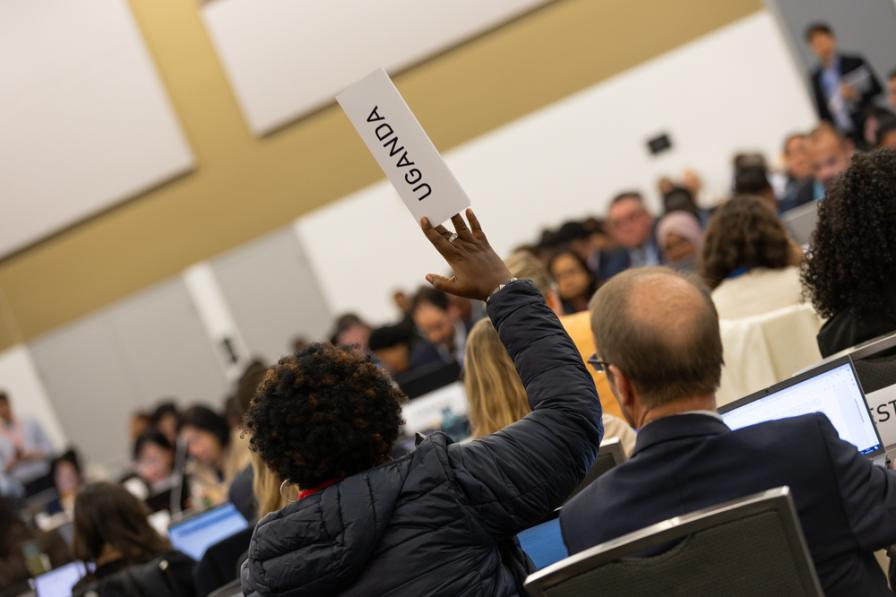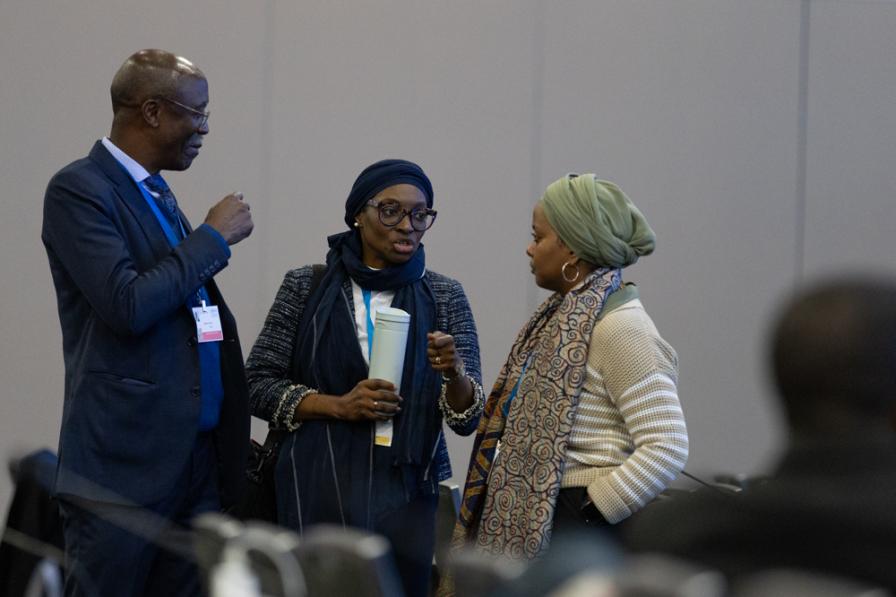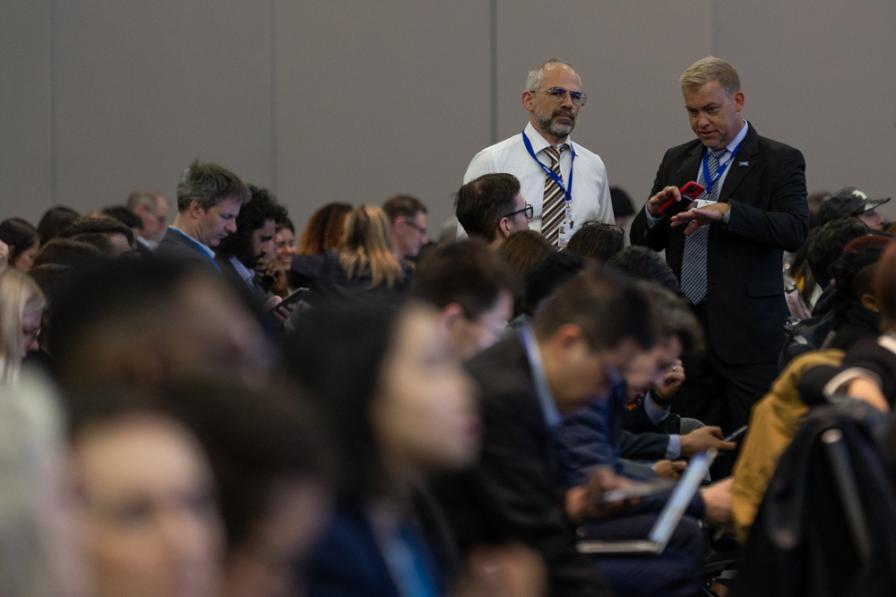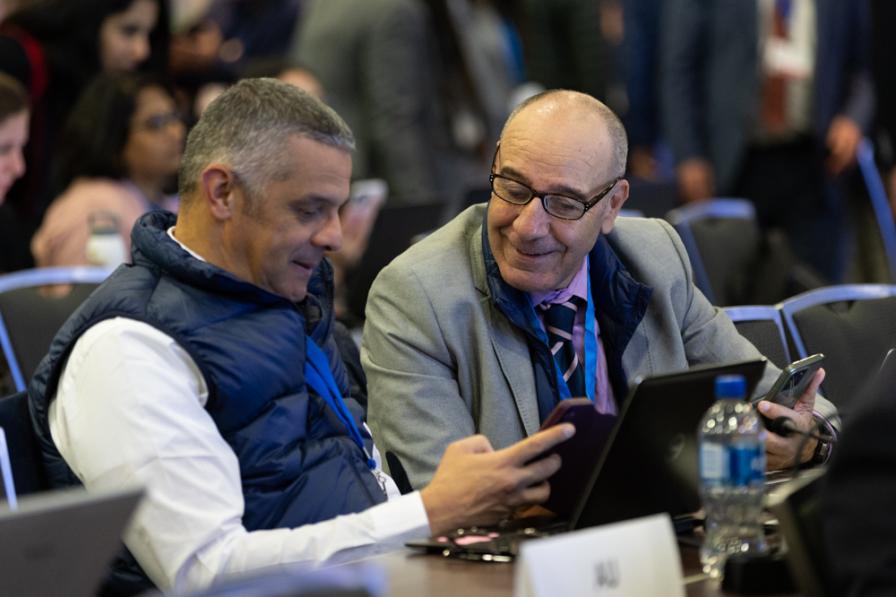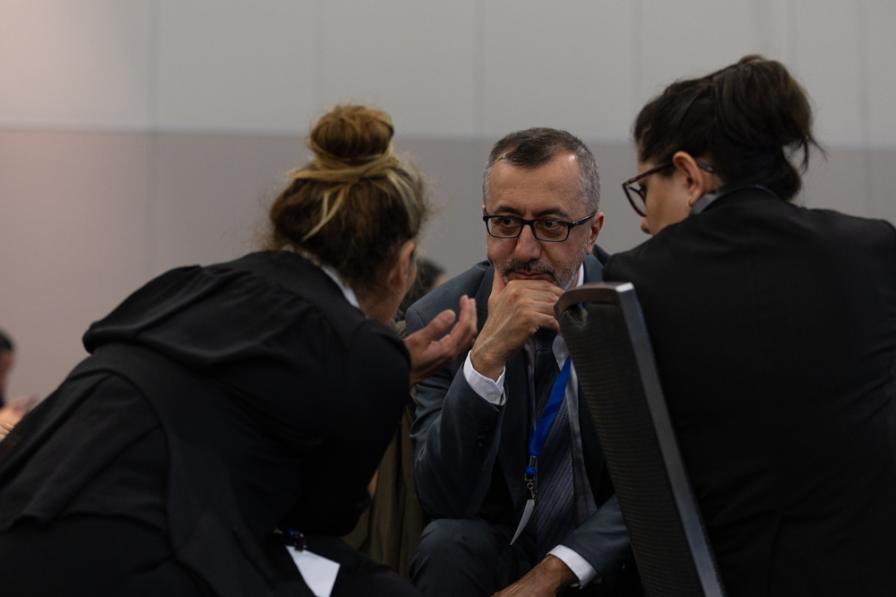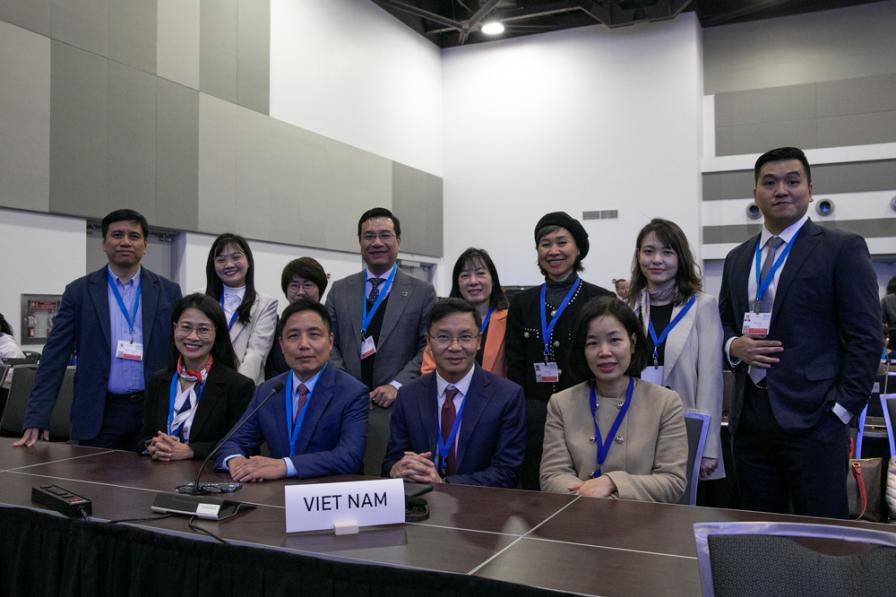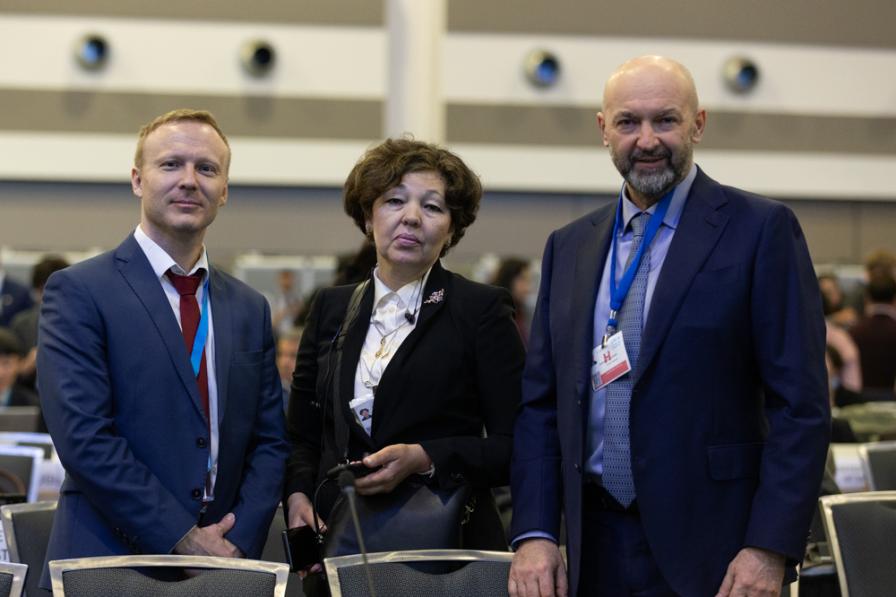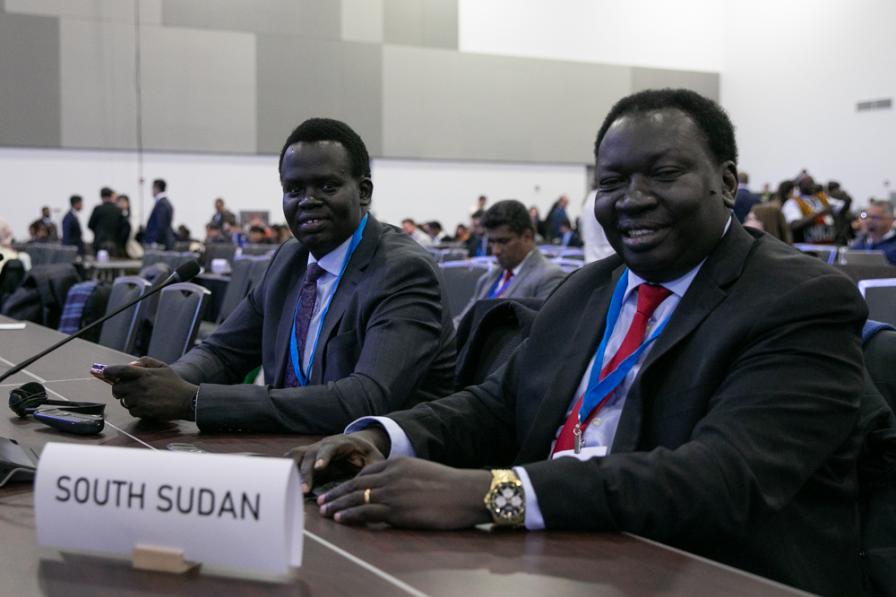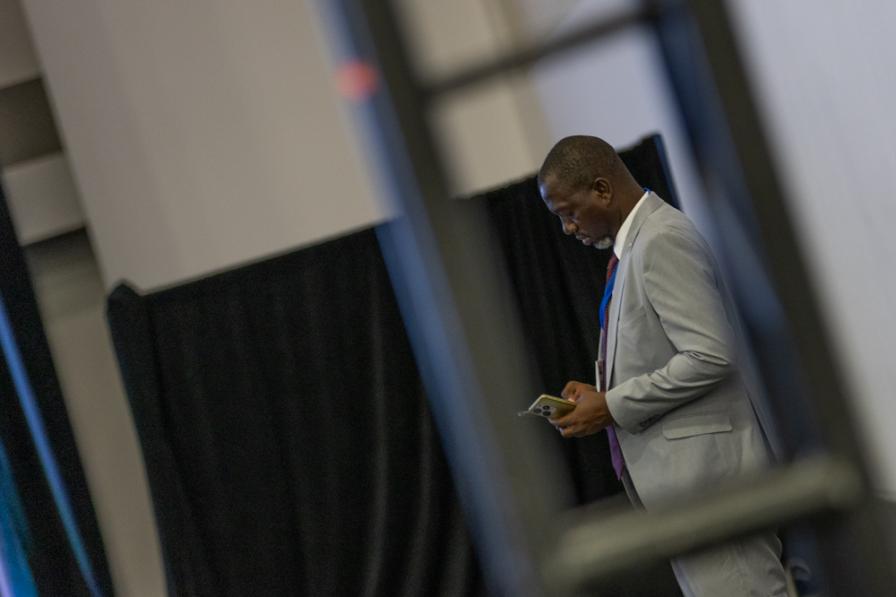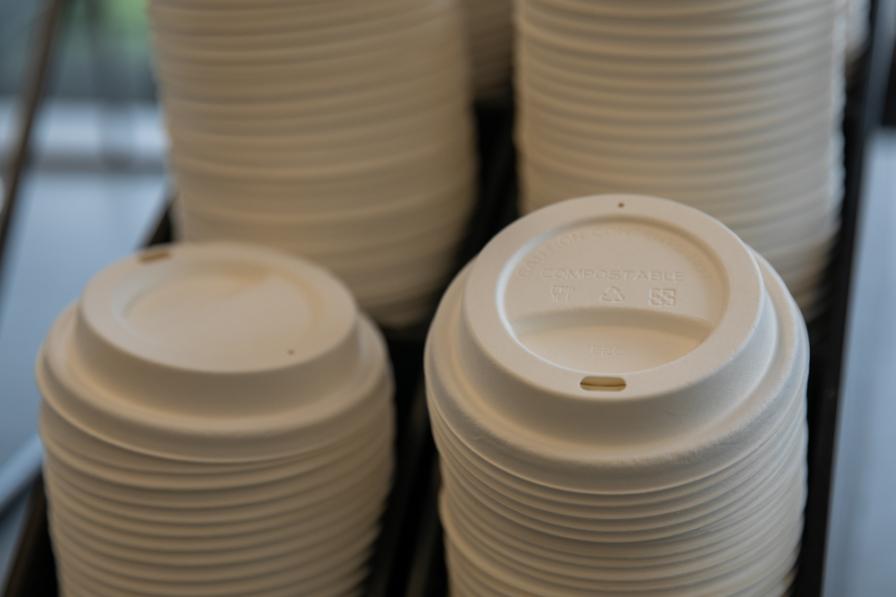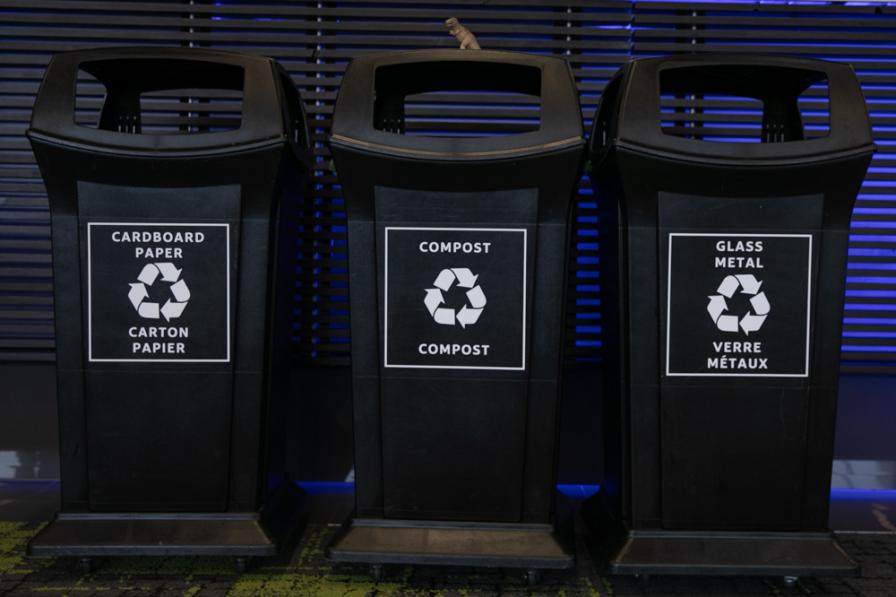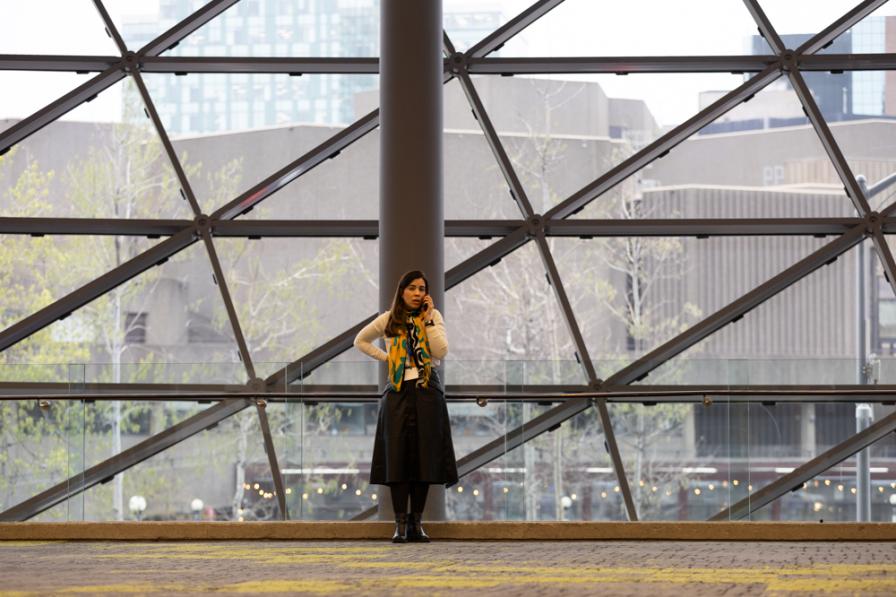“We need to throw away this throw-away culture!” This statement encapsulated the sentiment driving delegates’ commitment to end plastic pollution as they gathered for the first day of the fourth session of the Intergovernmental Negotiating Committee (INC-4) to develop an international legally binding instrument (ILBI) on plastic pollution, including in the marine environment. But just how delegates will get to an inclusive, strong, transparent, and universal agreement remains to be seen.
Want to dig deeper into today's talks? Read the full Earth Negotiations Bulletin daily report.
Convening in Ottawa, Canada, delegates met in plenary to hear opening statements, basing additional discussions on the Revised Draft Text of the ILBI.
In opening remarks, INC-4 Chair Luis Vayas Valdivieso, Ecuador, noted the critical role of advancing negotiations to deliver effective and impactful solutions to address plastic pollution, and highlighted the potential economic opportunities from tackling plastic pollution. Inger Andersen, Executive Director, UN Environment Programme (UNEP), called to end plastic pollution by using less harmful materials, designing for circularity, reusing resources more effectively, ensuring a just transition, and creating a space for private sector to thrive.
Steven Guilbeault, Minister of Environment and Climate Change, Canada, drew attention to the Host Country Alliance to lead conversations on key political issues, and emphasized his country’s pledge of CAD 10 million towards the Global Plastic Action Partnership and CAD 5 million towards the PROBLUE Fund. Jyoti Mathur-Filipp, Executive Secretary, INC Secretariat, recalled the very ambitious timeline set by UN Environment Assembly (UNEA) resolution 5/14, and pointed to the Revised Draft Text to be considered at INC-4, stating this is “multilateralism at its best.”
In general statements, several delegates highlighted the need to address the entire lifecycle of plastic, while others prioritized addressing only those matters related to plastic waste and plastic waste management. Several delegations also supported a human rights-based approach to addressing plastic pollution, specifically related to vulnerable communities including waste pickers, and called for the new agreement to ensure a just transition for those working in sectors of the plastic industry that may be affected by the new instrument. Several delegations also underlined the need for the new instrument to consider the issue of the export of toxic plastic waste, with the African Group lamenting that the practice of international dumping of plastic waste would need to be comprehensively tackled.
In the afternoon, delegates discussed the establishment of two contact groups to facilitate the efficient consideration of the Revised Draft Text. In a pre-session scenario note, INC Chair Vayas proposed that the INC establish these groups, as well as the required subgroups to address specific issues in more detail.
Delegates established Contact Group 1, mandated to discuss the elements addressed in parts I and II (technical elements) of the Revised Draft Text, led by Gwendalyn Kingtaro Sisior (Palau) and Axel Borchmann (Germany). They also established Contact Group 2, mandated to address parts III-VI (implementation measures) of the Revised Draft Text, co-facilitated by Katherine Lynch (Australia), and Oliver Boachie (Ghana). The Groups, which will work for the duration of the meeting, commenced their work late on Monday afternoon, and are expected to finalize their work by Sunday, 28 April 2024.
To receive free coverage of global environmental events delivered to your inbox, subscribe to the ENB Update newsletter.
All ENB photos are free to use with attribution. For INC-4 please use: Photo by IISD/ENB - Kiara Worth
